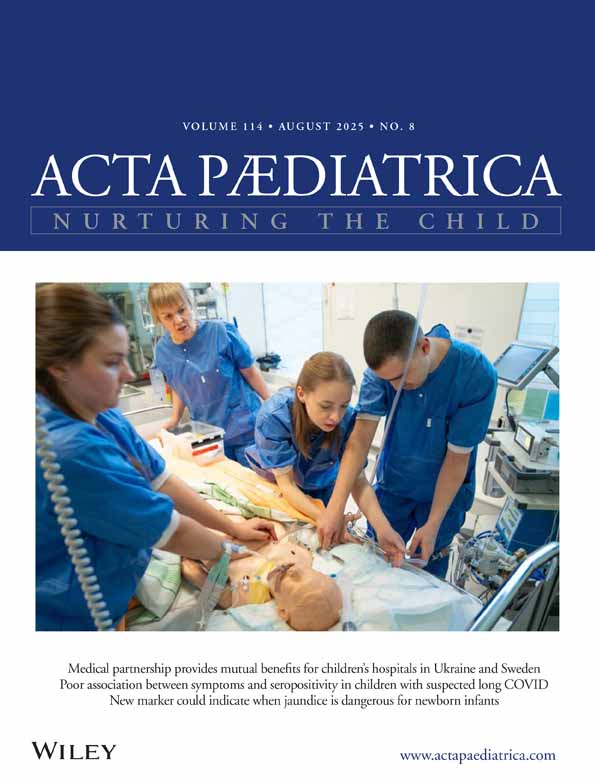Maternal cigarette smoking and breastfeeding duration
Abstract
Aim: To examine the relationship between cigarette smoking and breastfeeding duration at 2 wk, 6 mo, and longer. Methods: Design. A 12-mo longitudinal study. Setting. Two public maternity hospitals in the Perth metropolitan area (Western Australia). Subjects. Eligible mothers of healthy newborn infants. Interventions. Participants completed a self-administered baseline questionnaire while in hospital or shortly after discharge. All women regardless of their chosen infant feeding method were followed up by telephone interview at 4, 10, 16, 22, 32, 40 and 52 wk postpartum. Main outcome measures. Prevalence of breastfeeding at 2 wk, 2 wk to 6 mo and >6 mo in women who smoked during pregnancy, and breastfeeding duration. Results: Women who smoked during pregnancy had a lower prevalence and shorter duration of breastfeeding than non-smoking mothers (28 vs 11 wk, 95% CI 8.3–13.7). This effect remained even after adjustment for age, education, income, father's smoking status, mother's country of birth, intended duration of breastfeeding >6 mo and birthweight (risk ratio 1.59, 95% CI 1.22–2.08).
Conclusion: Women who smoke during pregnancy are at greater risk of not achieving national and international targets for breastfeeding. Encouraging smoking cessation in the antenatal setting is an area for considerable public health gain.




